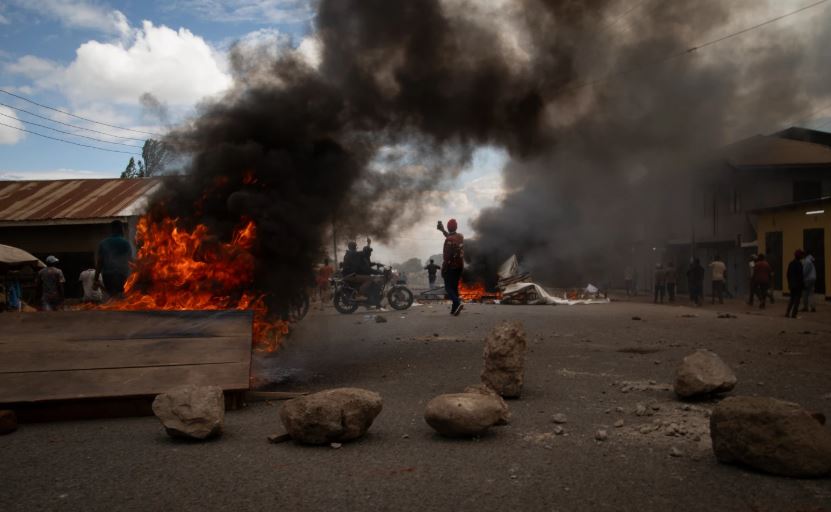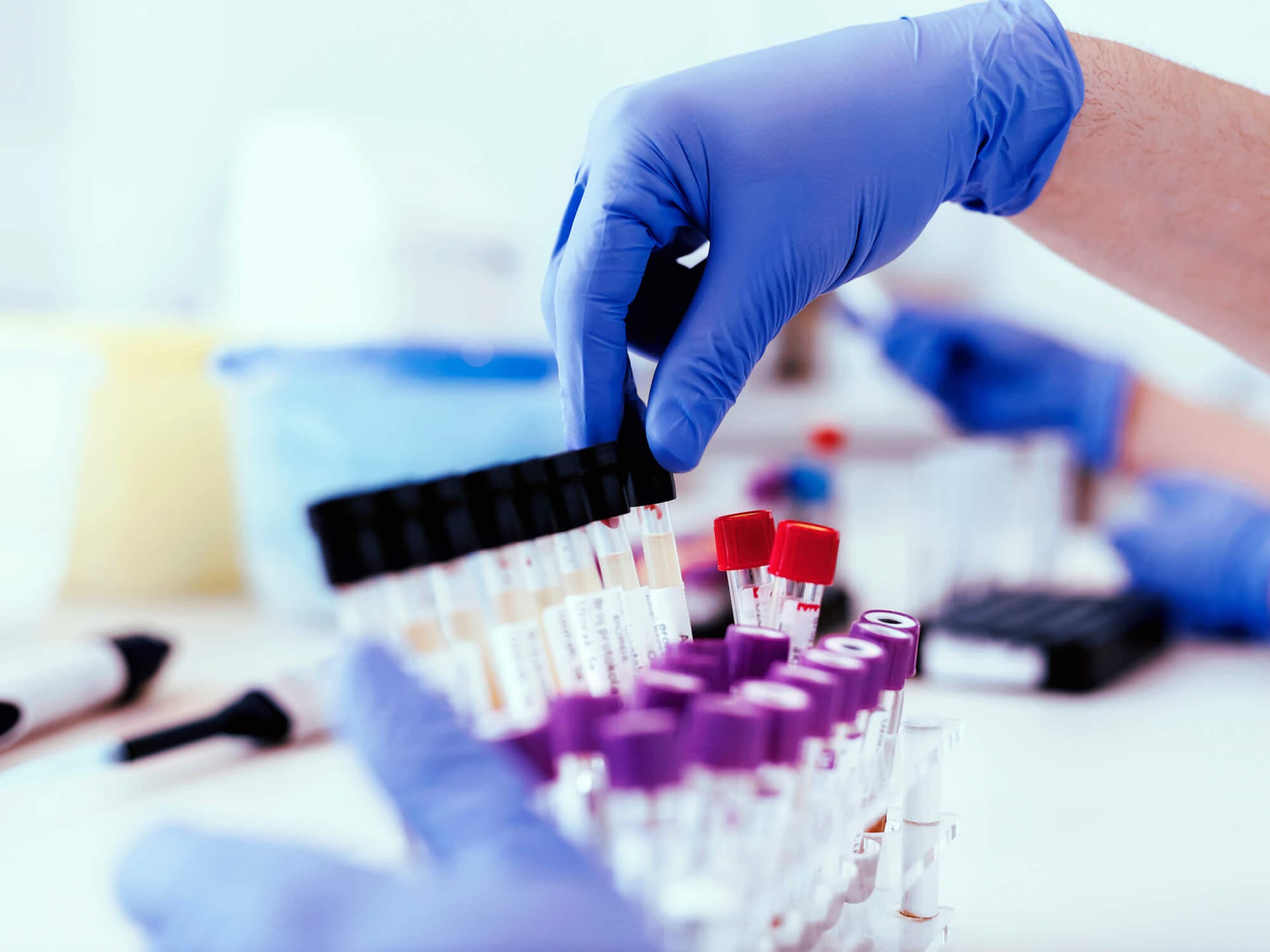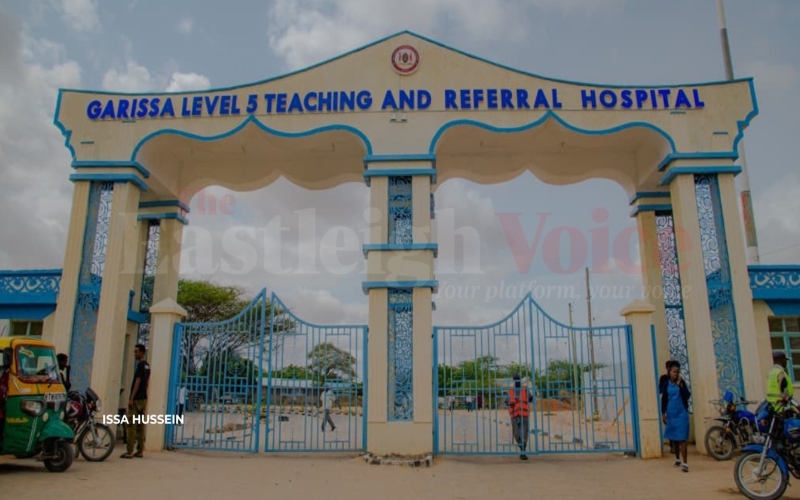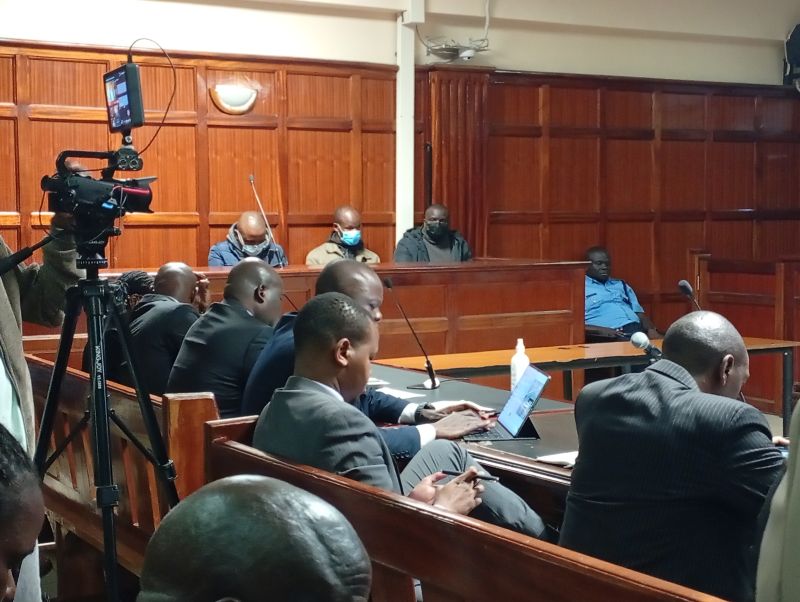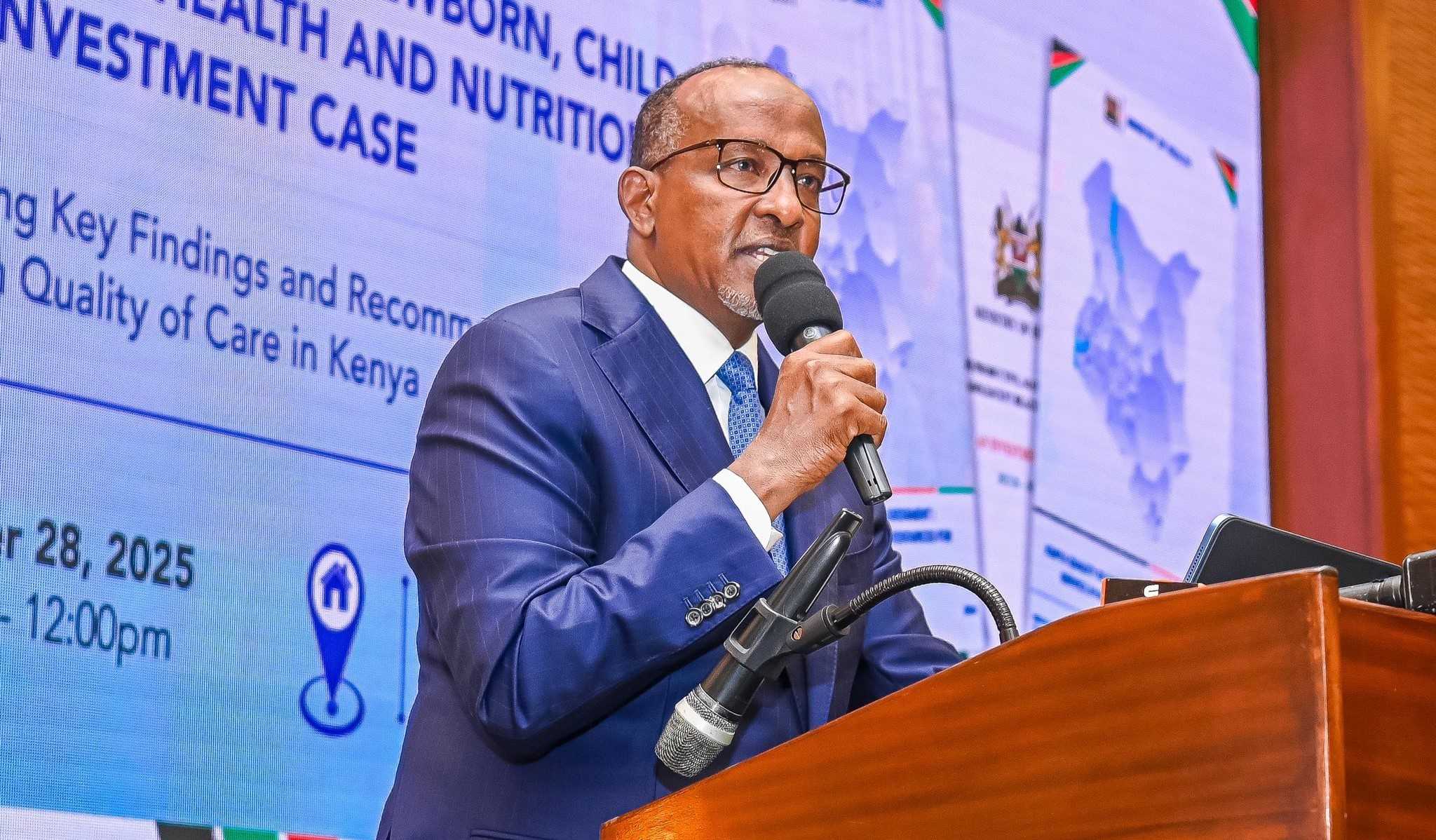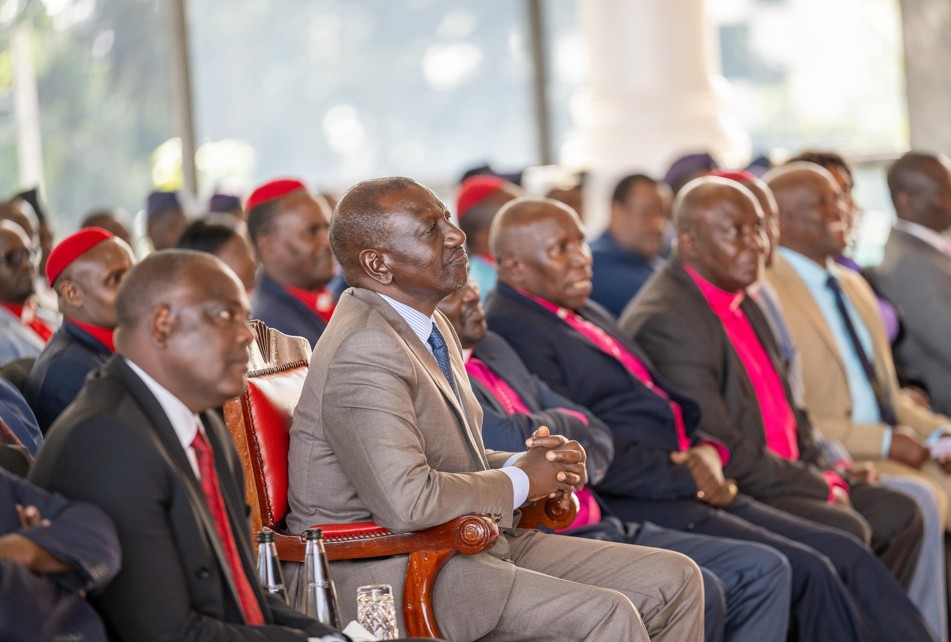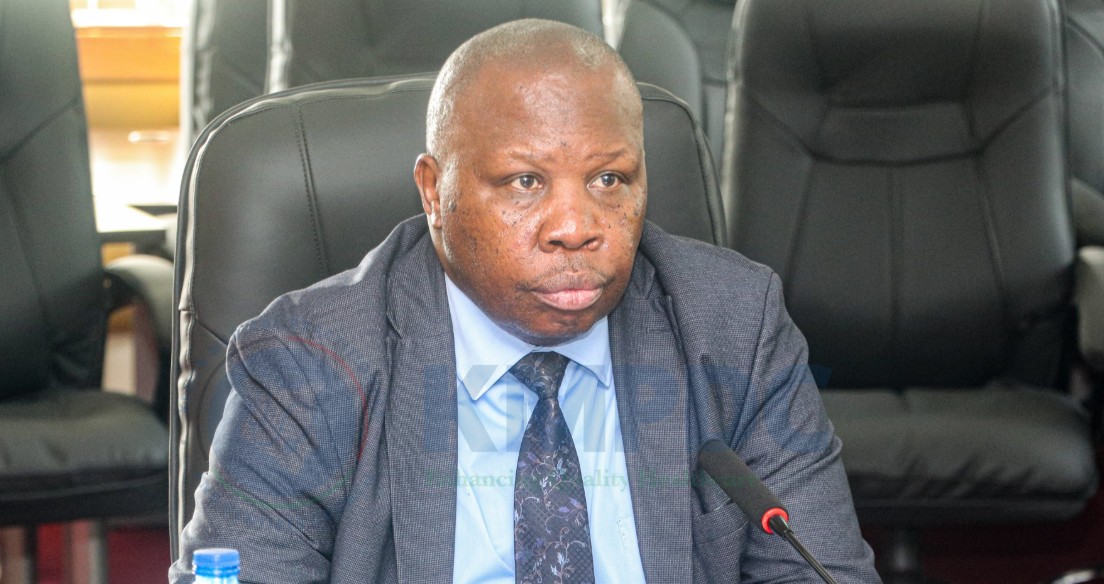HIV prevention drug expected to be launched in Kenya next year

The drug, lenacapavir, is administered via an injection twice a year.
A revolutionary drug that promises 100 per cent effectiveness in preventing HIV infection is set to become available in Kenya as early as next year, with a projected price of around Sh5,000 annually.
The drug, lenacapavir, is administered via an injection twice a year.
More To Read
- South Africa becomes first African nation to offer twice-yearly HIV prevention shot
- Lenacapavir: A promising breakthrough for HIV prevention in pregnant, breastfeeding women
- 'We feel forgotten': People living with HIV decry stigma as US aid cuts bite
- Kenya sees alarming rise in HIV infections after years of decline
- Kenya records over 20,000 new HIV infections in 2025 as Nairobi leads in cases
- Lenacapavir HIV injection to cost just Sh5,000, promises global breakthrough
The manufacturer, Gilead, has allowed six companies to produce affordable generic versions of lenacapavir for countries with high HIV rates.
Kenya is one of the countries selected to receive these generics.
“The agreements were signed in advance of any global regulatory submissions to enable these countries to quickly introduce generic versions of lenacapavir for HIV prevention if approved,” Gilead stated.
Gilead will first submit regulatory filings to the European Medicines Agency to expedite national regulatory processes and attain World Health Organisation prequalification.
Following this, they will apply for the registration of the branded drug with the Pharmacy and Poisons Board (PPB) before the end of the year.
“To provide Gilead-supplied lenacapavir until generic versions are available, Gilead is prioritising registration in 18 countries that represent about 70 per cent of the HIV burden among the licensed nations,” the company explained.
The countries include Kenya, Uganda, Tanzania, Rwanda, Ethiopia, Botswana, Eswatini, Lesotho, Malawi, Mozambique, Namibia, Nigeria, South Africa, Zambia, Zimbabwe, the Philippines, Vietnam, and Thailand.
Generics
The six manufacturers producing the generics include four companies from India, one from Pakistan, and one from Egypt.
A study conducted by Liverpool University in July estimated the annual cost for each patient would range between $35 (Sh4,533) and $50 (Sh6,476), allowing Gilead to still maintain a 30 per cent profit margin.
Recent trials revealed remarkable results, with one trial halted early because it showed the drug provided 100 per cent protection to over 5,000 women in South Africa and Uganda.
Another trial involving gay men aged 16 and older produced similarly impressive results.
The Kenya Treatment Access Movement (Ketam) has urged the PPB to expedite the drug's registration.
“This is the closest we have come to an HIV vaccine. It is also a game changer for people living with HIV who would only need an injection every six months to suppress the virus,” said James Kamau, head of Ketam.
Gilead has indicated that once the PPB and other regulatory bodies register the drug, the branded version will be sold locally at “no profit,” although the price will be higher than the anticipated cost of the generic drug.
The generic versions are expected to be available by the end of 2027, as manufacturers will need time to establish production capacity, according to Mitchell Warren, executive director of the HIV prevention organisation AVAC, which advocates globally, including in Kenya.
Gilead has also confirmed that the process for producing generics will take time.
“The licensees announced will build manufacturing capacity for lenacapavir as quickly as possible, but this process will take time,” the statement added.
Recently, President William Ruto revealed that most new HIV infections in Kenya occur among individuals under the age of 34.
In 2022, at least 22,154 Kenyans contracted HIV, and 18,000 died from AIDS, the advanced stage of HIV.
According to the Ministry of Health, around 1.4 million Kenyans are living with HIV, most of whom are on ARV drugs to control the virus.
The lenacapavir treatment begins with oral dosing to establish stable blood levels. Patients receive two tablets on days one and two, followed by one tablet on day eight.
On day 15, they will get two injections of lenacapavir in different sites in the abdomen, with subsequent injections needed every six months (26 weeks).
The drug not only prevents HIV infection but also helps suppress the virus in individuals who are already infected.
The International AIDS Society has called for stakeholders to ensure quick and equitable access to lenacapavir for all in need.
“The licensing agreements enabling generic versions of the HIV prevention drug, lenacapavir, in certain countries is an important step forward, but large parts of the world remain excluded, including countries where trials were conducted,” said IAS president Beatriz Grinsztejn.
“We are hopeful that the speed with which these agreements were reached will be maintained, and that the rest of the world will soon benefit from similar agreements to make lenacapavir more affordable and offer a further potent option in the HIV prevention toolbox,” she added.
Top Stories Today
